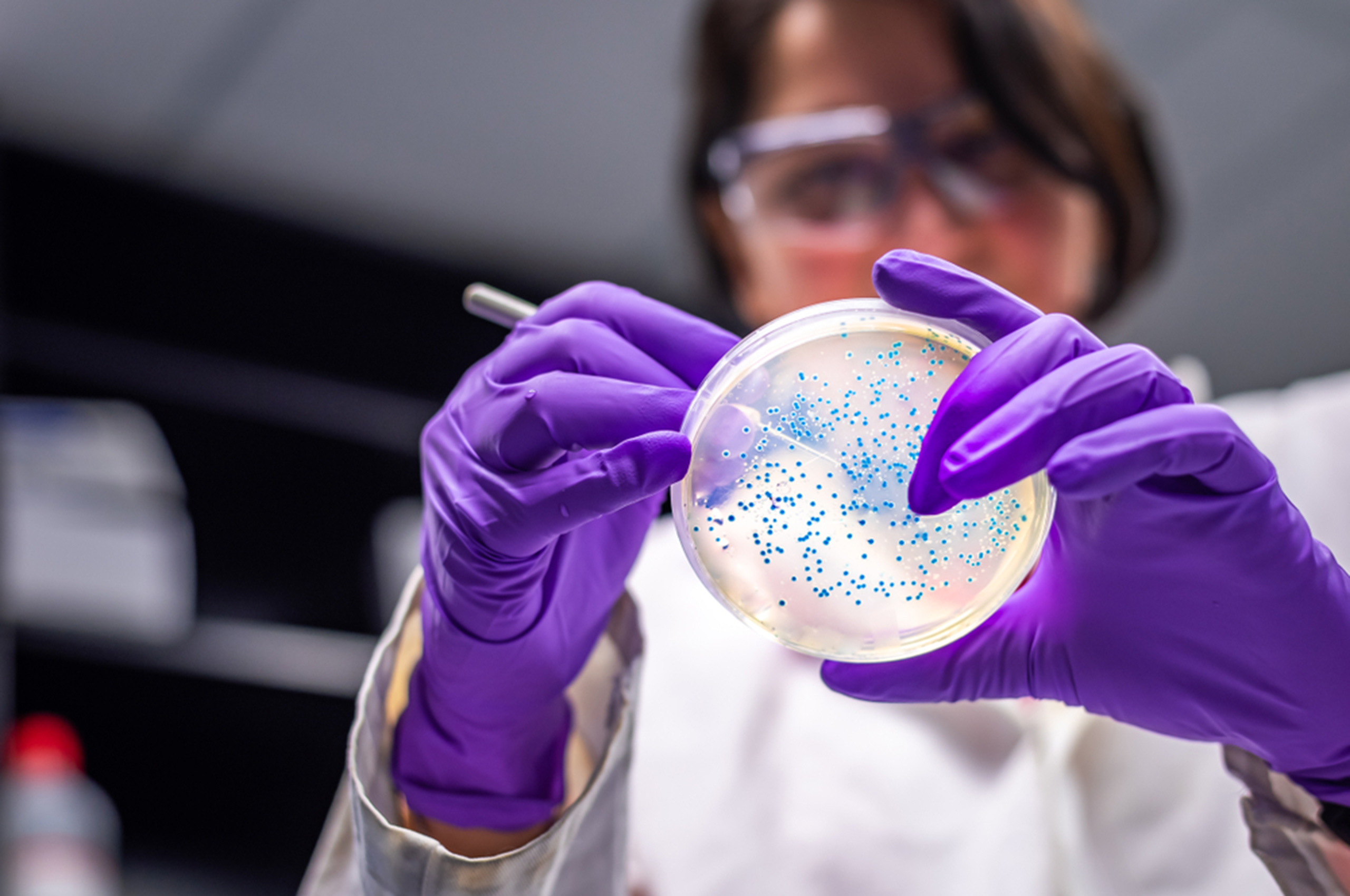The winning team

When the scientific industry and research worlds come together, sometimes everything just works. In these scenarios, everyone wins.
That’s been the case for Professor Andrew Hill, molecular biologist and laboratory director at La Trobe University. Andrew has spent the past 15 years making strides in the field of exosomes – extra-cellular vesicles that our cells use to communicate with each other.
‘They’re basically a small bubble containing genetic material and proteins that can travel from cell to cell,’ Andrew explains.
Andrew and his team are world-leaders in using exosomes to diagnose disease, from cancer to Alzheimer’s. However, when Andrew was approached by small pharmaceutical company VivaZome in 2018, his work shifted from using exosomes to diagnose, to using them as a treatment.
When industry meets research
Andrew met the VivaZome team at a conference he’d organised in regional Victoria. They approached him for advice on using exosomes to treat lower leg ischemia, a painful vascular condition that can cost patients their limbs.
‘They came to my lab because we had all the equipment, all the know-how; they could basically kick off their company using our expertise,’ Andrew says.
After agreeing to partner on their research, the team applied for funding within a matter of weeks.
‘It was a very, very quick process,’ Andrew remembers. ‘I think part of it coming together so quickly was due to the ability of La Trobe to be nimble, and to work through the contracts and the budgets. We had a tight deadline to get the grant submitted and it was a bit of a dream run.’
When three years worth of funding was awarded, VivaZome made the decision to co-locate at La Trobe.
Keeping close contact
Andrew says co-location has had myriad benefits for his students, his lab and, of course, for VivaZome itself.
‘Being co-located has lots of advantages. Having the industry partners in close proximity to the researchers means there's a lot of interaction, so you can drive the project a lot further. We have a weekly or fortnightly meeting, and if any problems were to arise, we could resolve them at the time.’
Andrew says the VivaZome team are in the labs regularly, learning and collaborating with their research partners. ‘They can always come and see what we're doing, and it makes them feel part of the environment. Meanwhile, the academics can leverage the knowledge around how to commercialise their work.’
Andrew says one of the key benefits of the partnership has been learning to use the lab in a manner that adheres to global commercial standards.
‘One of the milestones of this project was to develop a framework for good laboratory practice, or GLP, which attaches a lot of rigour to how you document and report,’ says Andrew. ‘Most academic labs don't work at GLP, so it’s a very important framework to learn.’
Another highlight has been tapping into the very real-life applications for his lab research. ‘Being part of discussions with a company, you're actually hearing about how the work could translate into the clinic.
‘It’s taken us from being an academic lab focusing on the questions we want to answer, to working with a commercial partner and helping to answer their questions,’ he says.
While the researchers learn about commercialisation, VivaZome have access to a lab full of experts trained in the processes they need to bring their treatments to fruition.
Eventually, these treatments could reach patients across the world – and once again, everyone wins.
